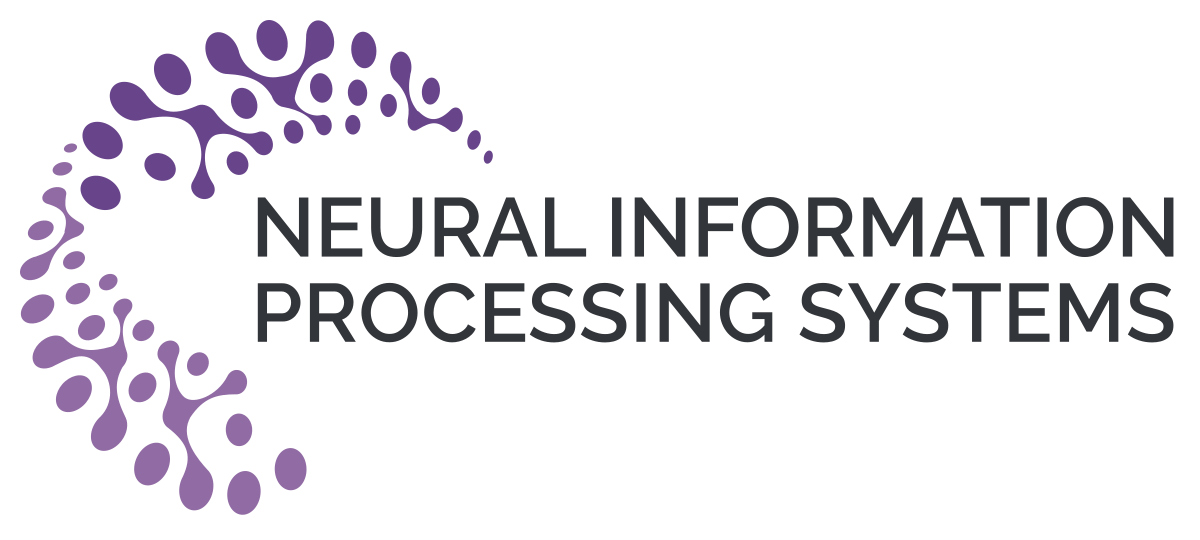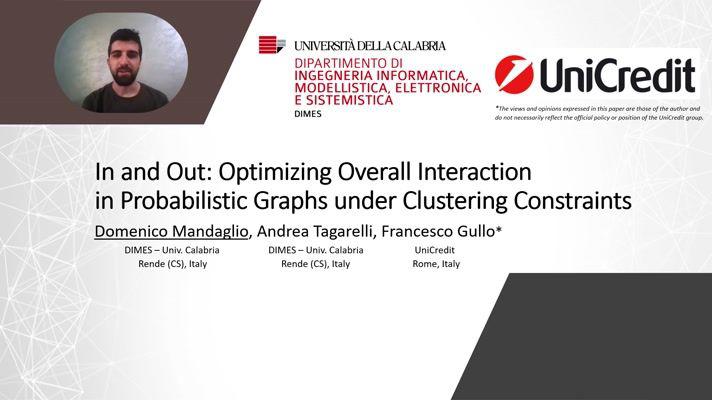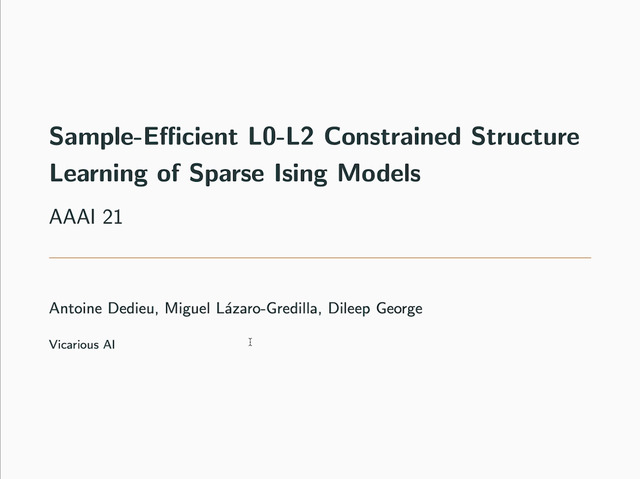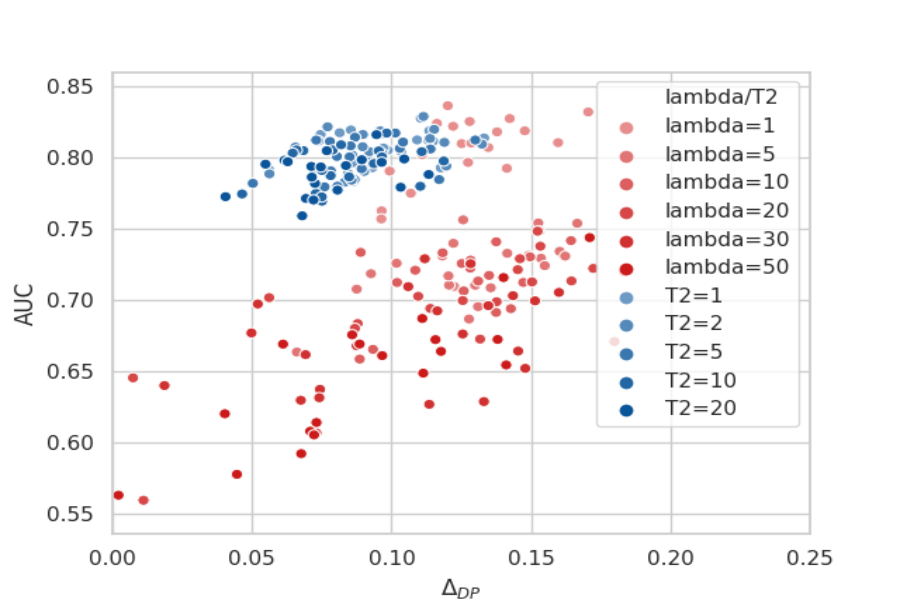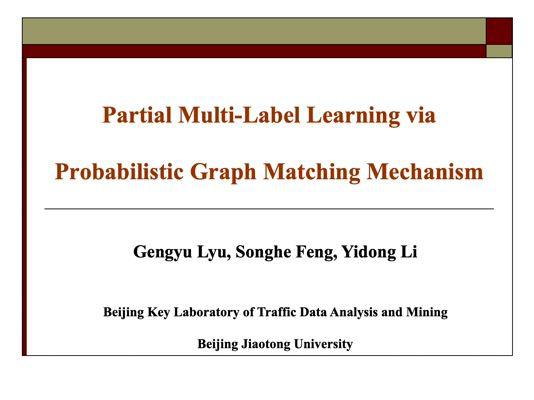Abstract:
Many inference problems in structured prediction can be modeled as maximizing a score function on a space of labels, where graphs are a natural representation to decompose the total score into a sum of unary (nodes) and pairwise (edges) scores. Given a generative model with an undirected connected graph G and true vector of binary labels $\bar{y}$, it has been previously shown that when G has good expansion properties, such as complete graphs or d-regular expanders, one can exactly recover $\bar{y}$ (with high probability and in polynomial time) from a single noisy observation of each edge and node. We analyze the previously studied generative model by Globerson et al. (2015) under a notion of statistical parity.
That is, given a fair binary node labeling, we ask the question whether it is possible to recover the fair assignment, with high probability and in polynomial time, from single edge and node observations. We find that, in contrast to the known trade-offs between fairness and model performance, the addition of the fairness constraint improves the probability of exact recovery. We effectively explain this phenomenon and empirically show how graphs with poor expansion properties, such as grids, are now capable of achieving exact recovery. Finally, as a byproduct of our analysis, we provide a tighter minimum-eigenvalue bound than that which can be derived from Weyl's inequality.

